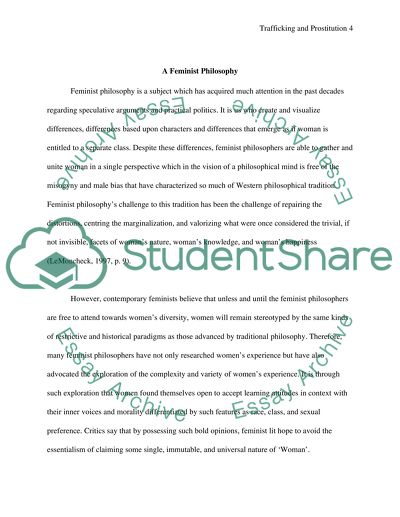Cite this document
(“Trafficking and Prostitution Essay Example | Topics and Well Written Essays - 4250 words”, n.d.)
Trafficking and Prostitution Essay Example | Topics and Well Written Essays - 4250 words. Retrieved from https://studentshare.org/social-science/1520476-trafficking-and-prostitution
Trafficking and Prostitution Essay Example | Topics and Well Written Essays - 4250 words. Retrieved from https://studentshare.org/social-science/1520476-trafficking-and-prostitution
(Trafficking and Prostitution Essay Example | Topics and Well Written Essays - 4250 Words)
Trafficking and Prostitution Essay Example | Topics and Well Written Essays - 4250 Words. https://studentshare.org/social-science/1520476-trafficking-and-prostitution.
Trafficking and Prostitution Essay Example | Topics and Well Written Essays - 4250 Words. https://studentshare.org/social-science/1520476-trafficking-and-prostitution.
“Trafficking and Prostitution Essay Example | Topics and Well Written Essays - 4250 Words”, n.d. https://studentshare.org/social-science/1520476-trafficking-and-prostitution.


